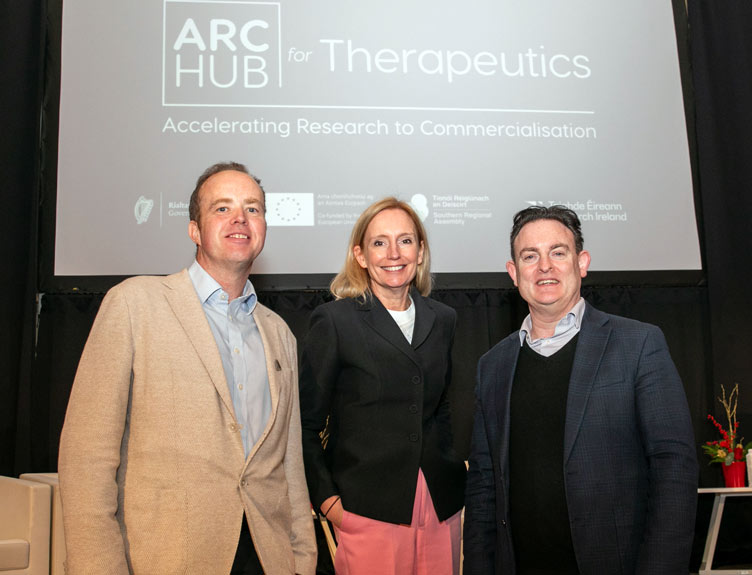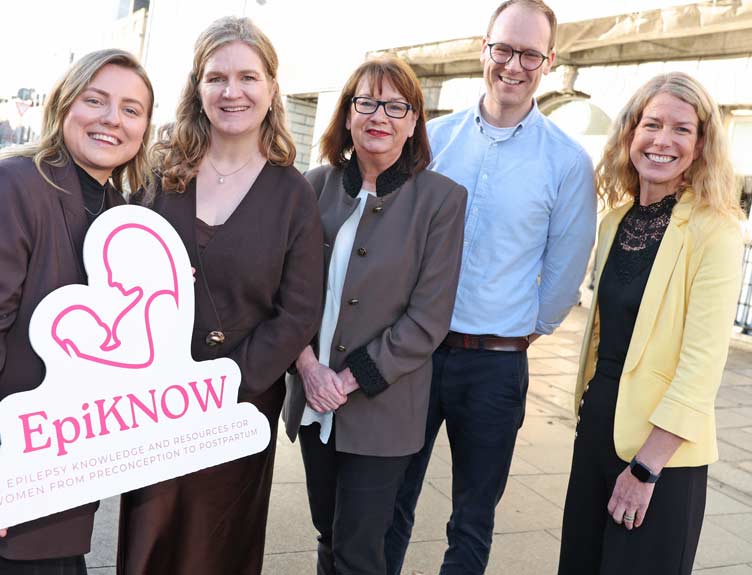Foetal alcohol spectrum disorder in Ireland: ‘Mothers are blamed, but they’re not supported’
Ireland has the third highest rate of foetal alcohol spectrum disorder in the world but our health system lacks diagnostic pathways and support services for sufferers, according to a new report from researchers at RCSI University of Medicine and Health Sciences.
The report provides the first integrated account of the lived experience of individuals with foetal alcohol spectrum disorder (FASD) in Ireland, framed within a review of national and international policy, public awareness and diagnostic practice. It was compiled using surveys, focus groups and an international review.
FASD is a range of adverse neurodevelopmental conditions associated with alcohol consumption around conception and during pregnancy. The Health Service Executive (HSE) reports that between 2.8% and 7.4% of the Irish population lives with FASD, up to 10 times the global average.
Parents often face judgment from society, the report finds. Stigma tends to discourage families from seeking help, obstructs children's diagnosis and perpetuates FASD misinformation. The report’s authors are calling for the establishment of a national FASD clinic as well as improved supports for families and carers and better education about the condition for teachers, SNAs, health professionals and the public.
Twelve participants were recruited for narrative interviews. One describes how difficult it is for biological parents to come forward to say that their child has FASD because ‘that would mean that they were responsible’.
‘I don't think people can be blamed for not knowing,’ the interviewee told researchers. ‘If a child has foetal alcohol, I think that no blame culture needs to be reinforced… mothers are blamed but they’re not supported.’
FASD can be caused by alcohol consumption by fathers prior to conception, however 39% of those surveyed in the report believed that men’s drinking habits have no influence. That’s why the report calls for targeted public information campaigns – to both men and women – about the risks of alcohol before and during pregnancy.
In Ireland, up to seven people in 100 are affected by FASD. The annual cost in Canada/US/New Zealand of FASD is estimated at up to CA$10.5bn (€6.5bn), with justice system expenses making up the largest share. No such figures have been compiled for Ireland, even though the prevalence here is greater.
FASD is frequently misdiagnosed as autism or ADHD – those living with FASD may never receive a diagnosis or the appropriate support for their condition. People with FASD have an average life expectancy of 34 and have a higher rate of suicide and substance abuse than the population at large. Yet, with support, children living with FASD can thrive in a school environment. Adolescents living with FASD were reported to have particular skills in art, music or sports.
Professor Jolanta Burke from RCSI’s Centre for Positive Health Sciences is the Principal Investigator on the project. She said that “our report highlights a stark mismatch between the potentially high prevalence of FASD in Ireland and the absence of coordinated policy, standardised diagnostic pathways and targeted education for carers, teachers and healthcare professionals. It is vital for Ireland to open its eyes to this issue, to educate people and to implement nationwide support systems for a community of people who have suffered in silence for long enough”.
FASD Ireland provided the funding for the report. Tristan Casson-Rennie, CEO, FASD Ireland, said: “For too long, FASD has been a hidden disability in Ireland – it’s present in every community, but too often it’s gone unnamed, misunderstood or ignored. This report isn’t just about numbers; it puts shape on the real lives and challenges behind them. This report shows very clearly where people are falling through the cracks, and it gives us the solid evidence we need, as a country, to put that right.”
The report is authored by Angel Harper (PhD scholar at the Centre for Positive Health Sciences, RCSI), Professor Farhana Sharif (consultant paediatrician at Mullingar Regional Hospital) and Professor Jolanta Burke (chartered psychologist and associate professor at the Centre for Positive Health Sciences at RCSI University of Medicine and Health Sciences).



